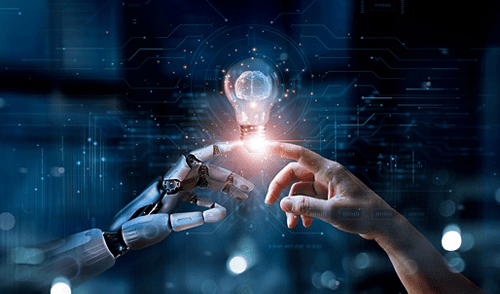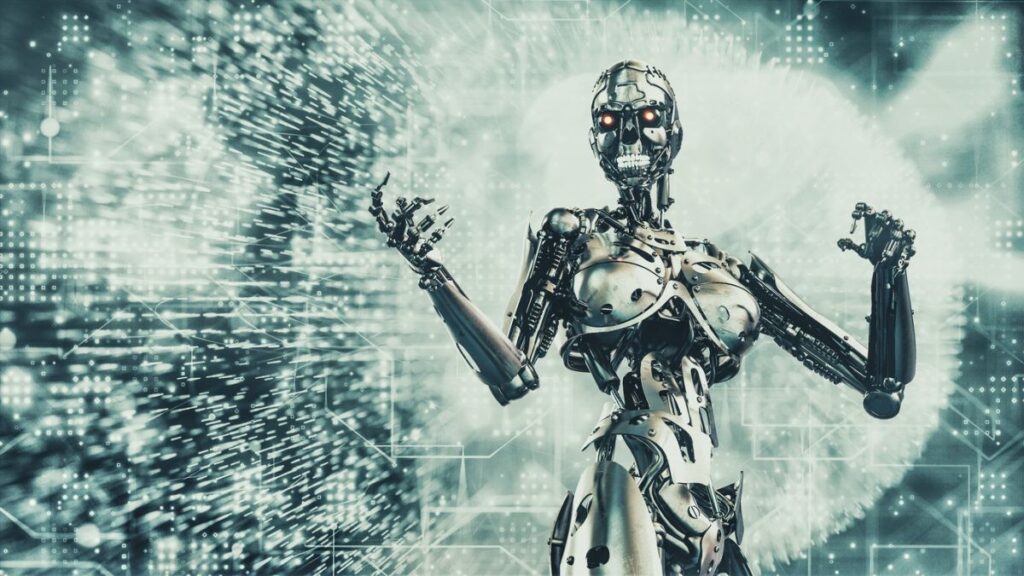Artificial intelligence (AI) is the technology that enables machines to perform tasks that normally require human intelligence, such as learning, reasoning, and decision making. AI has many applications in various fields, such as healthcare, education, business, and entertainment. However, AI also poses some challenges and risks that need to be considered and addressed. In this blog post, we will explore some of the pros and cons of AI, and how we can use it responsibly and ethically.
Pros of AI

AI has many benefits for humans and society, such as:
- Efficiency and productivity: AI can automate repetitive and tedious tasks, such as data entry, customer service, and accounting, and perform them faster and more accurately than humans. This can save time, money, and resources, and improve the quality and consistency of the output.
- Data analysis and insights: AI can process large amounts of data and extract useful information and patterns from it. This can help humans make better and informed decisions, and discover new knowledge and opportunities. For example, AI can help doctors diagnose diseases, teachers personalize learning, and marketers optimize campaigns.
- Innovation and creativity: AI can generate new and original content, such as music, art, and literature, and assist humans in their creative endeavors. AI can also solve complex and novel problems, and enhance human capabilities and intelligence. For example, AI can help engineers design new products, scientists explore new frontiers, and gamers experience immersive environments.
- Social good and impact: AI can contribute to the well-being and welfare of humans and the environment, and address some of the global challenges and issues. For example, AI can help fight poverty, hunger, and disease, protect wildlife and biodiversity, and promote human rights and justice.
Cons of AI

AI also has some drawbacks and limitations, such as:
- Job displacement and unemployment: AI can replace humans in some jobs and tasks, especially those that are routine, manual, or low-skilled. This can result in job loss, income inequality, and social unrest. Moreover, AI can create new and different jobs and skills, which may require humans to adapt and learn continuously.
- Ethical and moral dilemmas: AI can raise some ethical and moral questions and concerns, such as privacy, security, and bias. For example, AI can collect and use personal and sensitive data, which can violate human rights and dignity, and expose humans to cyberattacks and identity theft. AI can also reflect and amplify human biases and prejudices, which can harm and discriminate against certain groups and individuals.
- Human-AI interaction and relationship: AI can affect the way humans interact and relate with each other and with machines. For example, AI can reduce human contact and social skills, and create dependency and addiction. AI can also influence human behavior and emotions, and challenge human identity and values.
- AI control and governance: AI can pose some risks and threats to human safety and autonomy, especially if it becomes more intelligent and powerful than humans, and acts against human interests and goals. For example, AI can malfunction or be misused, and cause accidents or harm. AI can also develop its own agenda and morality, and rebel or compete with humans.
Conclusion
AI is a fascinating and promising technology that can bring many advantages and opportunities for humans and society. However, AI also has some challenges and risks that need to be considered and addressed. Therefore, we need to use AI responsibly and ethically, and balance its pros and cons. We also need to collaborate and cooperate with AI, and leverage its strengths and weaknesses. By doing so, we can ensure that AI serves us and not the other way around.
Thank you for reading.

